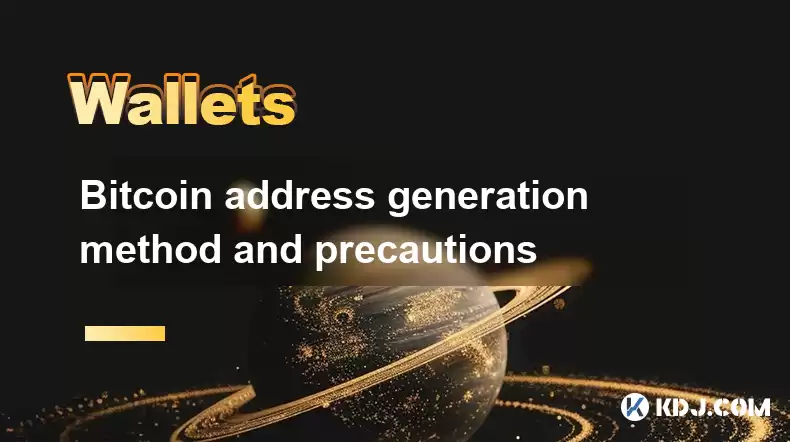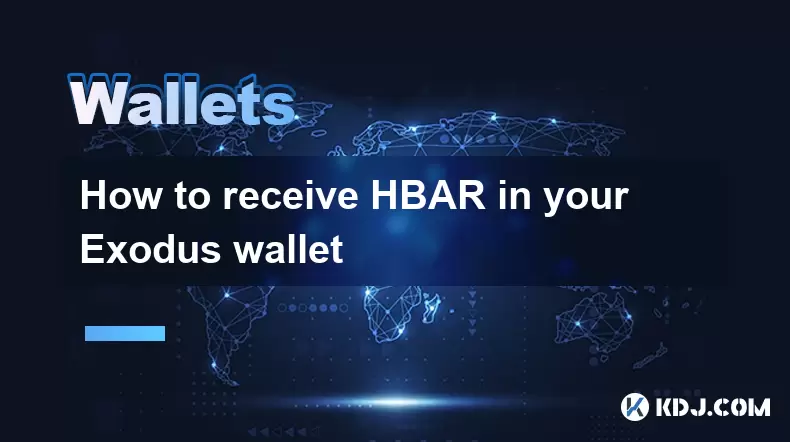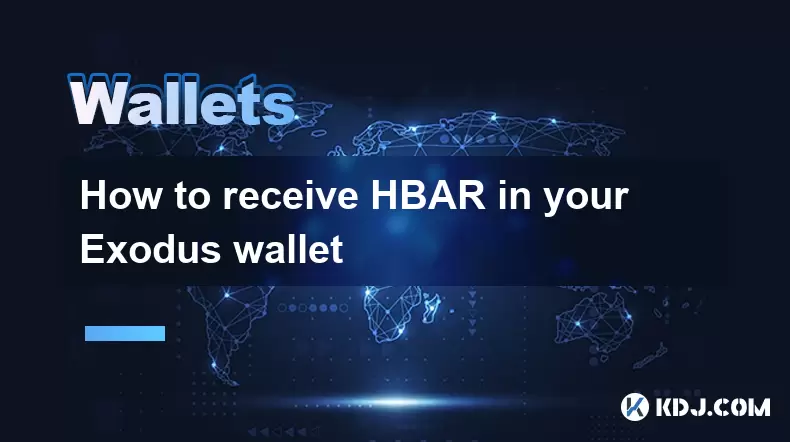-
 Bitcoin
Bitcoin $116400
-0.36% -
 Ethereum
Ethereum $4033
3.40% -
 XRP
XRP $3.302
-1.26% -
 Tether USDt
Tether USDt $1.000
-0.02% -
 BNB
BNB $796.1
1.67% -
 Solana
Solana $177.8
1.89% -
 USDC
USDC $0.9999
0.00% -
 Dogecoin
Dogecoin $0.2314
4.09% -
 TRON
TRON $0.3381
0.14% -
 Cardano
Cardano $0.7989
1.22% -
 Stellar
Stellar $0.4496
-1.84% -
 Chainlink
Chainlink $20.42
9.42% -
 Hyperliquid
Hyperliquid $41.17
0.88% -
 Sui
Sui $3.914
3.77% -
 Bitcoin Cash
Bitcoin Cash $584.7
1.52% -
 Hedera
Hedera $0.2632
-0.54% -
 Avalanche
Avalanche $24.09
3.40% -
 Ethena USDe
Ethena USDe $1.001
-0.02% -
 Litecoin
Litecoin $123.2
1.33% -
 Toncoin
Toncoin $3.318
-0.04% -
 UNUS SED LEO
UNUS SED LEO $8.984
-0.05% -
 Shiba Inu
Shiba Inu $0.00001323
2.85% -
 Uniswap
Uniswap $10.90
4.41% -
 Polkadot
Polkadot $3.999
3.34% -
 Dai
Dai $1.000
0.01% -
 Cronos
Cronos $0.1630
9.64% -
 Bitget Token
Bitget Token $4.484
0.82% -
 Monero
Monero $272.4
2.44% -
 Pepe
Pepe $0.00001173
6.03% -
 Aave
Aave $290.8
2.88%
Bitcoin address generation method and precautions
Bitcoin addresses, derived from private and public keys using ECC, come in types like P2PKH ('1') and SegWit ('bc1'), with security hinging on private key protection.
Mar 31, 2025 at 07:07 am

Understanding Bitcoin Addresses
A Bitcoin address is a unique identifier, similar to a bank account number, used to receive Bitcoin. It's a string of alphanumeric characters, crucial for sending and receiving funds on the Bitcoin network. Understanding how these addresses are generated and the precautions needed to protect them is paramount to secure Bitcoin transactions. Losing access to your address effectively means losing your Bitcoin.
How Bitcoin Addresses are Generated
Bitcoin addresses aren't randomly assigned; they're derived from a cryptographic process involving elliptic curve cryptography (ECC). This process ensures the address's uniqueness and security. The core components are a private key and a public key.
Private Key: This is a randomly generated number, kept secret. It's the foundation of your Bitcoin ownership. Losing your private key means irreversible loss of your funds. It's essential to store it securely, offline preferably.
Public Key: Derived from the private key through a one-way cryptographic function. This key is publicly shared and used to generate your Bitcoin address. It doesn't compromise your private key.
Bitcoin Address: The public key is then hashed (run through a cryptographic algorithm) multiple times, resulting in the Bitcoin address you see. This address is what you provide to others when receiving Bitcoin. This process is irreversible; you cannot derive the private key from the address.
Different Types of Bitcoin Addresses
While the underlying principle remains the same, different address formats exist, primarily distinguished by their prefixes:
Legacy Addresses (P2PKH): These are the oldest type, starting with '1'. They are still functional but less efficient.
SegWit Addresses (P2SH-SegWit/bech32): These addresses, starting with 'bc1', offer improved transaction efficiency and lower fees. They are the recommended format for new users.
Nested SegWit Addresses (P2SH): These addresses, starting with '3', are an intermediate step towards SegWit adoption and are less common now.
The choice of address type depends on the receiving wallet's capabilities and the desired level of efficiency. Always check the receiving address carefully before sending Bitcoin.
Precautions When Using Bitcoin Addresses
Security is paramount when handling Bitcoin addresses. A compromised address can lead to irreversible loss of funds. Here are some key precautions:
Generate Addresses from a Reputable Wallet: Use only trusted and well-established Bitcoin wallets to generate your addresses. Avoid using unverified or poorly-reviewed software.
Never Reuse Addresses: While technically possible, reusing addresses can compromise your privacy and potentially expose your transaction history. It's best practice to use a fresh address for each transaction.
Securely Store Your Private Keys: This is arguably the most crucial step. Use hardware wallets, paper wallets, or strong password managers to store your private keys offline and securely. Never share them with anyone.
Verify Addresses Before Sending Bitcoin: Double, and even triple, check the recipient's address before confirming any transaction. Sending Bitcoin to the wrong address is irreversible. Typos are costly.
Be Wary of Phishing Scams: Be cautious of emails, messages, or websites asking for your private keys or Bitcoin addresses. Legitimate services will never request such sensitive information.
Regularly Back Up Your Wallet: Losing access to your wallet means losing your Bitcoin. Regular backups are essential to ensure you can recover your funds if necessary. Store backups securely and offline.
Use Strong Passwords: If your wallet requires a password, use a strong, unique password that's difficult to guess. Avoid using easily guessable passwords or reusing passwords from other accounts.
Understanding Address Formats and Their Significance
The format of a Bitcoin address provides clues about its underlying structure and security features. Understanding these formats is crucial for selecting the most secure and efficient address type. Legacy addresses (P2PKH), identifiable by their '1' prefix, are older and less efficient. SegWit addresses (bech32), starting with 'bc1', offer improved efficiency and better privacy. Choosing the right address format can significantly impact transaction costs and security.
The Importance of Private Key Security
Your private key is the sole key to accessing your Bitcoin. Without it, your funds are irretrievably lost. Therefore, the security of your private key is of paramount importance. Never share your private key with anyone, under any circumstances. Use a secure storage method, such as a hardware wallet or a well-protected paper wallet, to keep your private key safe from unauthorized access.
Avoiding Common Mistakes in Address Handling
Many errors in Bitcoin address handling stem from carelessness or a lack of understanding. Always double-check the recipient's address before sending any Bitcoin. Typos can lead to irreversible loss of funds. Avoid reusing addresses to protect your privacy and security. Be wary of phishing scams and never reveal your private keys to anyone.
Frequently Asked Questions
Q: What happens if I lose my Bitcoin private key?
A: If you lose your private key, you lose access to your Bitcoin. There is no way to recover your funds without the private key. This is why secure storage of your private key is crucial.
Q: Can I recover my Bitcoin if I forget my wallet password?
A: Whether you can recover your Bitcoin depends on the type of wallet and the security measures implemented. Some wallets allow password resets, while others may require recovery phrases or private keys. Always refer to your wallet's documentation for recovery instructions.
Q: Are all Bitcoin addresses equally secure?
A: No. SegWit addresses (bech32) are generally considered more secure and efficient than legacy addresses (P2PKH). They offer improved privacy and lower transaction fees.
Q: How can I choose a reputable Bitcoin wallet?
A: Research and read reviews from trusted sources before choosing a Bitcoin wallet. Look for wallets with a strong reputation, good security features, and positive user feedback. Consider factors like open-source code, multi-signature support, and hardware wallet options.
Q: What is the best way to store my Bitcoin private keys?
A: The best method depends on your technical skills and risk tolerance. Hardware wallets offer the highest level of security, while paper wallets are a good option for those who prefer offline storage. Never store your private keys digitally on a computer or mobile device that is connected to the internet.
Disclaimer:info@kdj.com
The information provided is not trading advice. kdj.com does not assume any responsibility for any investments made based on the information provided in this article. Cryptocurrencies are highly volatile and it is highly recommended that you invest with caution after thorough research!
If you believe that the content used on this website infringes your copyright, please contact us immediately (info@kdj.com) and we will delete it promptly.
- Maxi Doge Presale: The Meme Coin That's Pumping Iron and Prices!
- 2025-08-09 19:10:11
- Rare Coin Warning: Don't Get Fooled by That 1p Coin!
- 2025-08-09 18:50:12
- Cardano, Unilabs, and Tron Price: Decoding the Latest Crypto Buzz
- 2025-08-09 18:30:12
- Aerodrome Finance: Price Targets and the Bullish Channel - What's Next?
- 2025-08-09 18:50:12
- BlackRock and the Crypto ETF Landscape: No XRP (Yet!), But What's Next?
- 2025-08-09 19:10:11
- Rare Coin Frenzy: eBay Sees 2p Coin Listed for Over £2K!
- 2025-08-09 18:55:11
Related knowledge

How to manage your portfolio in Exodus wallet
Aug 08,2025 at 10:07pm
Understanding the Exodus Wallet InterfaceThe Exodus wallet is a non-custodial cryptocurrency wallet that supports a wide range of digital assets. When...

How to reset your MetaMask password
Aug 08,2025 at 01:28pm
Understanding the MetaMask Password Reset ProcessMany users confuse the MetaMask password with the seed phrase or private key, but they serve differen...

How to buy Dogecoin on MetaMask
Aug 08,2025 at 03:42am
Understanding Dogecoin and MetaMask CompatibilityDogecoin (DOGE) is a popular meme-based cryptocurrency that operates on its own blockchain, originall...

How to switch between networks in Trust Wallet
Aug 09,2025 at 11:07am
Understanding Network Switching in Trust WalletSwitching between networks in Trust Wallet allows users to manage assets across different blockchains, ...

How to receive HBAR in your Exodus wallet
Aug 08,2025 at 11:28pm
Understanding HBAR and the Hedera NetworkThe HBAR cryptocurrency is the native token of the Hedera Hashgraph network, a distributed ledger technology ...

How to receive HBAR in your Exodus wallet
Aug 09,2025 at 06:07am
Understanding HBAR and the Hedera NetworkHBAR is the native cryptocurrency of the Hedera Hashgraph network, a distributed ledger technology that uses ...

How to manage your portfolio in Exodus wallet
Aug 08,2025 at 10:07pm
Understanding the Exodus Wallet InterfaceThe Exodus wallet is a non-custodial cryptocurrency wallet that supports a wide range of digital assets. When...

How to reset your MetaMask password
Aug 08,2025 at 01:28pm
Understanding the MetaMask Password Reset ProcessMany users confuse the MetaMask password with the seed phrase or private key, but they serve differen...

How to buy Dogecoin on MetaMask
Aug 08,2025 at 03:42am
Understanding Dogecoin and MetaMask CompatibilityDogecoin (DOGE) is a popular meme-based cryptocurrency that operates on its own blockchain, originall...

How to switch between networks in Trust Wallet
Aug 09,2025 at 11:07am
Understanding Network Switching in Trust WalletSwitching between networks in Trust Wallet allows users to manage assets across different blockchains, ...

How to receive HBAR in your Exodus wallet
Aug 08,2025 at 11:28pm
Understanding HBAR and the Hedera NetworkThe HBAR cryptocurrency is the native token of the Hedera Hashgraph network, a distributed ledger technology ...

How to receive HBAR in your Exodus wallet
Aug 09,2025 at 06:07am
Understanding HBAR and the Hedera NetworkHBAR is the native cryptocurrency of the Hedera Hashgraph network, a distributed ledger technology that uses ...
See all articles

























































































